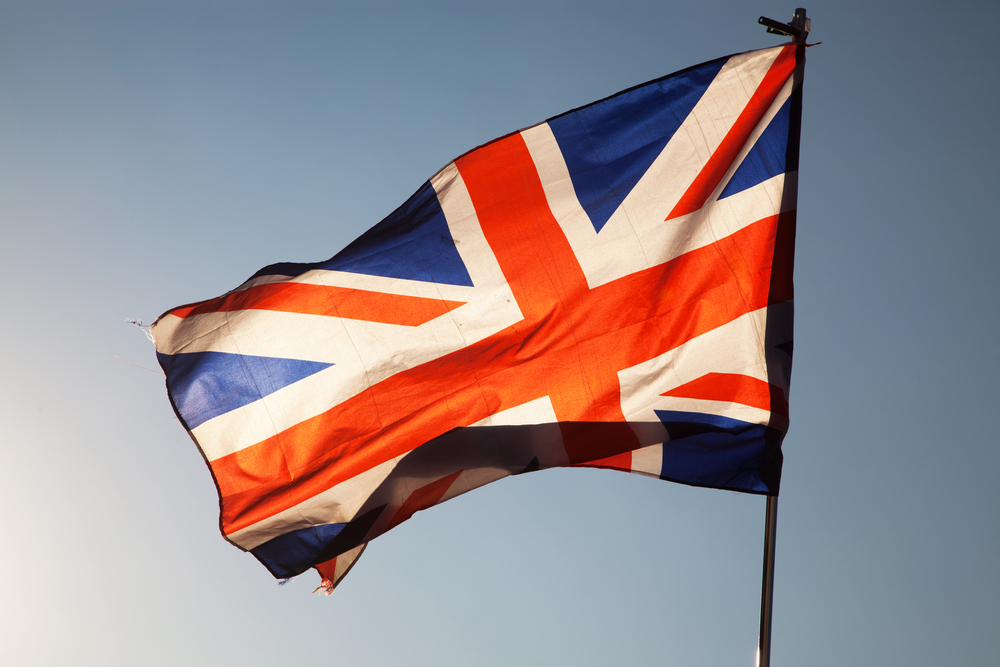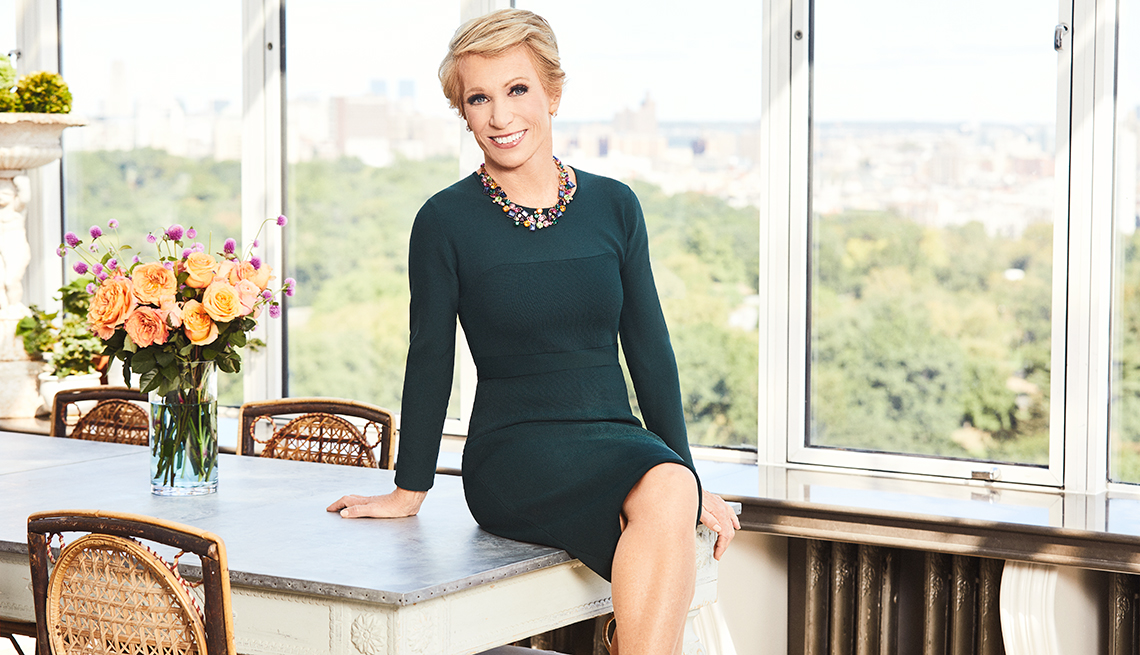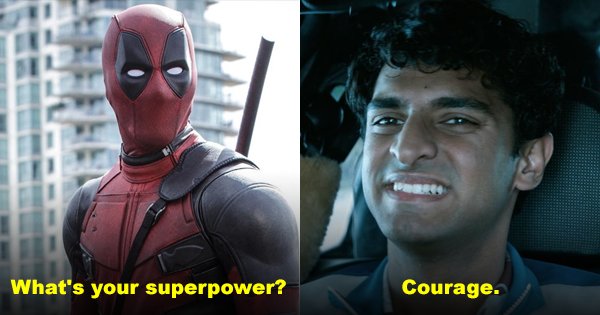
- Select a language for the TTS:
- UK English Female
- UK English Male
- US English Female
- US English Male
- Australian Female
- Australian Male
- Language selected: (auto detect) - EN
Play all audios:
For Dominic Cummings, all politics is office politics. He stands in a long line of succession of overmighty courtiers who finally turn against their masters. The most memorable of them —
Thomas Becket and Thomas More — did so for reasons of faith: “I am the King’s good servant, but God’s first,” said More. Both paid for their tender consciences with their lives. Proximity to
power can still be dangerous in many countries, though British prime ministers are fortunately subject to the rule of law. When Tony Blair’s weapons adviser Dr David Kelly was found dead,
many refused to believe the official verdict of suicide. However much Boris Johnson may privately wish it, there are no knights riding to rid him of his turbulent former alter ego. In his
testimony before MPs, Cummings, too, professed to have spilled the beans not out of revenge or frustrated ambition, but because he is tormented by the thought that thousands have died
because of decisions in which he was involved. He apologised repeatedly and, at times, he seemed close to tears. There is no reason to doubt that this sense of duty is a big part of what
drives Cummings. He is an extremely angry man, enraged by the incompetence and idleness of those who run the country. He means it when he says that something has gone wrong if the choice at
the last election was between Johnson and Corbyn. He does not care whom he names and shames in Whitehall, even though civil servants cannot answer back. Cummings just wants them all gone.
After the first lockdown, he was disillusioned; after the second, he was disloyal: “The Prime Minister knew I blamed him for the whole situation and I did…fundamentally, I regarded him as
unfit for the job. I was trying to create a structure around him to try and stop what I thought were extremely bad decisions and push other things through against his wishes.” November’s
fatal row with Carrie Symonds over staff appointments — the “Night of the Long Heels”, as I called it at the time — was the occasion for his departure. It was not the real cause. Number Ten
just wasn’t big enough for both egos. The policy disagreements were real and important. If Cummings is to be believed — and that is a big “if”, given his record — then he parted company from
his boss because he trusted the rapidly evolving science on Covid, while the PM “was no longer listening”. He thought the first lockdown had been a colossal mistake and was hell-bent on
avoiding a second, let alone a third. This perspective, Cummings says, “was completely mad”. Yet those who wonder whether his determination to bring Downing Street down with him might have
an ulterior motive may have a point. Has power corrupted Cummings — and the temptation of absolute power corrupted him absolutely? “The whole idea that I was the second most powerful person
in the country was just completely wrong,” he now says. He does not even think he should have been as influential as he was: “I’m not smart.” (One can take it that he is using the word in
the American sense of “clever”; he has always disdained not only common but also sartorial sense.) Does Cummings seriously expect people to take this false modesty at face value? The
implication of all seven hours of his evidence was that if he wasn’t the second most powerful person in the country, he certainly ought to have been — and if _he_ wasn’t smart, his boss was
mad, bad and “unfit for the job”. Despite his popular reputation as a kind of demoniacal cross between Sherlock Holmes and Professor Moriarty, he evidently thinks he knows better than the
voters what’s good for them. The architect of Vote Leave seems to have a view of democracy so jaundiced that one may doubt whether he would even subscribe to the Churchillian view that it is
the worst of political systems, apart from all the others. Something like the wartime quasi-dictatorship is what he tried to create during the pandemic. Indeed, his _modus operandi _has
much in common with Churchill’s menagerie of mad scientists. Of Frederick “the Prof” Lindemann, Churchill said “love me, love my dog”. Except that Cummings is not actually a scientist.
Cummings may seem to have burnt all his bridges back to office, but one or two names are notable by their absence from his catalogue of errors. He had nothing but praise for Dominic Raab’s
conduct as Johnson’s de facto deputy during his illness. He had few if any criticisms of Rishi Sunak, despite the fact that the Chancellor was pressuring the PM to prioritise the economy
throughout the crisis. And then there is Michael Gove. During the pandemic, the man who created Cummings was running the very department about which he texted Johnson in early March: “The
Cabinet Office is terrifyingly shit — no plans, totally behind pace.” Yet there was not a word of criticism of the Minister for the Cabinet Office in seven hours of grilling. Cummings may be
serially disloyal to others, but he does seem to owe a debt of friendship to Gove. There is, of course, little love lost between the Prime Minister and the man who betrayed him in the 2016
leadership contest. If Boris were to fall, and Gove were to be the beneficiary, is Cummings hoping to make a comeback? The dust has yet to settle after this latest eruption of Mount Dominic.
It will take days, perhaps weeks, for Westminster and Whitehall to digest the revelations and for Downing Street to repair the damage. The general public is unsure whether to be appalled by
the spectacle — or merely to enjoy it. The likelihood is that Cummings has now shot his bolt: any future attacks will make much less impact. His admission that he lied about the real reason
for his notorious trip to Durham cannot but reflect on his credibility. Yet some of the mud will stick. Boris will live to fight again, but he will not emerge from this unscathed. By the
time the public inquiry into the handling of pandemic finally gets going, the nation will be heartily sick of the subject. But doubts will remain. Did the Prime Minister really care so
little for human life that he was prepared to gamble, to “hit and hope” for the best? It is all too plausible that he might laugh and joke about the pandemic: “Chaos isn’t that bad, chaos
means that everyone has to look to me to see who’s in charge.” That is not a good look. The country still has confidence in the Prime Minister it elected just 18 months ago — that much is
clear from Super Thursday. But Boris has used up eight of his nine lives. He may not be so lucky next time. A MESSAGE FROM THEARTICLE _We are the only publication that’s committed to
covering every angle. We have an important contribution to make, one that’s needed now more than ever, and we need your help to continue publishing throughout the pandemic. So please, make a
donation._





